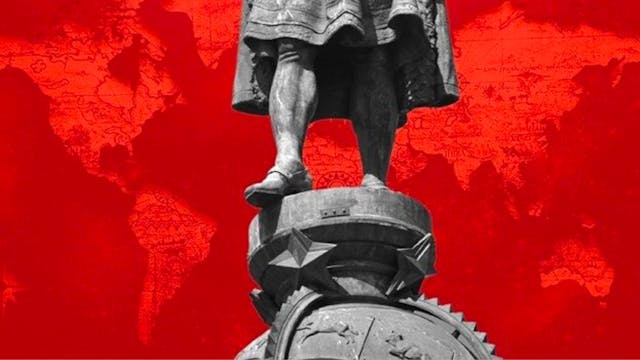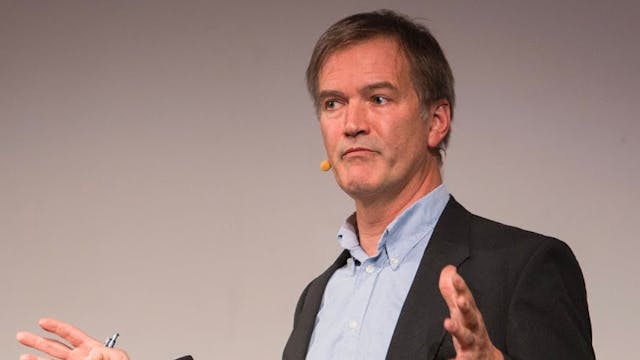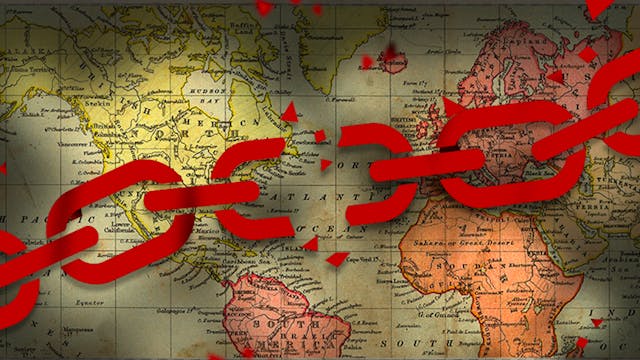Tony Blair on Trial, with Tom Bower and David Aaronovitch
Debates
•
1h 38m
When Tony Blair became prime minister in May 1997, he had a landslide majority, an approval rating of 93 per cent, and he went on to become Labour’s longest-serving premier. At his last PMQs he got a standing ovation in the chamber of the House of Commons. How things have changed. Nowadays all we hear about is the accusations of lies, hubris and money-making business deals.
But is this disillusionment justified? To assess the record of this extraordinary politician, Intelligence Squared staged Tony Blair on Trial. Levelling the charges against him was Tom Bower, the investigative journalist who is about to publish his most explosive book yet: Broken Vows: Tony Blair and the Tragedy of Power. Bower admits that he shared the hope and excitement that millions felt when Blair took office promising a New Labour programme of modernisation and reform. But that general optimism was swept away by the controversy over the Afghanistan and Iraq invasions, and the ‘dodgy’ dossiers about Saddam Hussein’s weapons of mass destruction. The spin didn’t stop there, Bower argued. Blair’s claims to have improved Britain’s schools, hospitals and welfare services all came under his forensic spotlight. As for Blair’s record since leaving office, how is it, he will ask, that the man who risked his government to destroy Slobodan Milosevic and Saddam Hussein has earned a fortune advising leaders of highly dubious regimes?
All this is a travesty, according to David Aaronovitch, award-winning columnist on the Times, who defended Tony Blair in our event. The problem, as Aaronovitch sees it, is that the political classes hate Blair. The Left have never forgiven him for proving them wrong and the Right have never forgiven him for defeating them. But in the country at large, Blair’s legacy is overwhelmingly impressive. Take education. Teaching standards were raised, and flagship programmes such as the academies and Teach First, which fast-tracks bright graduates into London’s toughest schools, were instigated and later embraced by the Coalition. Childcare was provided for millions of working parents for the first time. The same thing happened on health. Without Blair’s NHS reforms it is hard to know how the system would have coped. The minimum wage, equal rights for gay people, a Welsh Assembly, a Scottish Parliament, a London mayor – many of these initiatives were controversial when first proposed but are now part of the political consensus. As for military intervention, Aaronovitch pointed to the success stories of Kosovo and Sierra Leone, and argued that the current crisis in the Middle East is more the result of the West’s refusal to act than any failure of Blair’s.
Up Next in Debates
-
Debate Is The West Fundamentally Raci...
On March 29 2021, Kehinde Andrews, academic and self-described Black radical, and Jeremy Black, eminent historian, came to Intelligence Squared to debate the question 'Is the West fundamentally racist?'
The West, Andrews will contend, prides itself on being founded on the three great revolutions...
-
Debate: Let Them Come - We Have Nothi...
When the EU's transitional immigration rules expire on 1st January 2014, numerous Bulgarians and Romanians will be heading for Britain. And we should put out the welcome mat. Yes, it's true that there has been a huge fuss about this in the press, but then xenophobia sells newspapers. The truth is...
-
Debate: The West Should Pay Reparatio...
They are the crimes for which no one has ever made amends. The transatlantic slave trade enslaved between 10 and 12 million Africans. Historians estimate that 15 to 25% of the men and women packed into the slave ships died before they reached the Americas. The only people ever to be compensated? ...



